
Local journalists have key role to play in combating ‘fake news’ in Northern Ireland
With Northern Ireland politics at a dangerous stalemate, Paul Reilly argues that the countering of disinformation by both politicians and an independent local media, and a robust and independent press complaints procedure, is vital for ensuring trust in the news media and creating a healthy information environment.
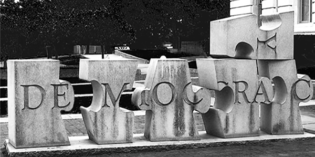
Democracy in small states: why everything we think we know about democratisation is (mostly) wrong
Why do small states often rank highly in comparative measures of democracy? Jack Corbett and Wouter Veenendaal outline how their research into states with populations under one million challenges existing theories of why democracies can persist or fail.
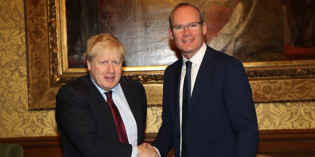
Why Boris Johnson is wrong about the Irish border (again)
Former Foreign Secretary Boris Johnson has, once again, intervened in the Brexit debate about concerns over a hard border between Northern Ireland and the Republic of Ireland. Sean Swan explains how Johnson has misrepresented the problem, and why the border question is of such symbolic and physical importance.

The dismantling of the State since the 1980s: Brexit is the wrong diagnosis of a real crisis
Abby Innes writes that the vote to leave the EU and the administrative chaos around it pull into focus the crisis we should have been talking about before: the failures of homegrown neoliberal policies and their dire implications. She argues that while Brexit has been heralded by supporters as a solution to a number of problems, what it will actually do is to accelerate to the point of ‘completion’ the already failed experiments to reform the state.

Book Review | For a Left Populism by Chantal Mouffe
In For a Left Populism, Chantal Mouffe argues that our contemporary ‘populist moment’ represents an opportunity for democratic reinvigoration through the formation of a left populism in the name of radical democracy. The book marks an important intervention, most especially in its work on the political role of affect, finds Matthew Longo, but he remains unconvinced as to whether Mouffe’s vision of agonistic contestation will pave the way for a return of the political.
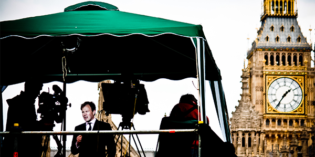
How well does the UK’s media system support democratic politics and represent citizens’ interests?
The growth of ‘semi-democracies’ across the world, where elections are held but are rigged by state power-holders, has brought into ever-sharper focus how much a country’s media system conditions the quality of its democracy. Free elections without some form of media diversity and balance clearly cannot hope to deliver effective liberal democracy. Ros Taylor and the Democratic Audit team look at how well the UK’s media system operates to support or damage democratic politics, and to ensure a full and effective representation of citizens’ political views and interests.
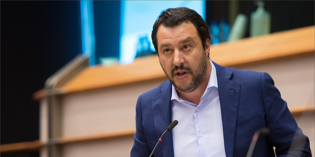
The Italian populist government is voluntarily heading towards the next political crisis (and it may have the upper hand)
It is often assumed that once ‘populist’ parties sting (achieve a political breakthrough), they are likely to wither away and die. Valerio Alfonso Bruno and James F. Downes argue that this is not happening in Italy. They outline how its populist government, led by the Five Star Movement (M5S) and the League (Lega), may be ‘strategically’ leading the country into another political crisis that will enable them to retain the upper hand in Italian politics.
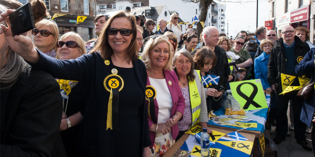
Campaign spending and voter turnout: does a candidate’s local prominence influence the effect of their spending?
At election time, political candidates in Britain routinely spend significant sums of money on their local campaigns. Generally speaking, the more individual candidates spend, the higher turnout in that constituency. But while some candidates are major contenders in their area, many candidates who are unlikely to win also spend substantial sums on their campaigns. By analysing candidate spending data from the 2010 general election, Siim Trumm, Laura Sudulich and Joshua Townsley find that the money spent by viable contenders has a greater impact on voter turnout than spending by candidates who are unlikely to win.
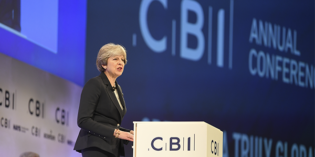
How democratic is the interest group process in the UK?
Between elections, the interest group process (along with media and social media coverage) is a key way in which citizens can seek to communicate with their MPs and other representatives, and to influence government policy-makers. For the 2018 Audit of UK Democracy, Patrick Dunleavy considers how far different social groups can gain access and influence decision-makers. How democratically does this key form of input politics operate? And how effectively are all UK citizens’ interests considered?





 Democratic Audit's core funding is provided by the Joseph Rowntree Charitable Trust. Additional funding is provided by the London School of Economics.
Democratic Audit's core funding is provided by the Joseph Rowntree Charitable Trust. Additional funding is provided by the London School of Economics.